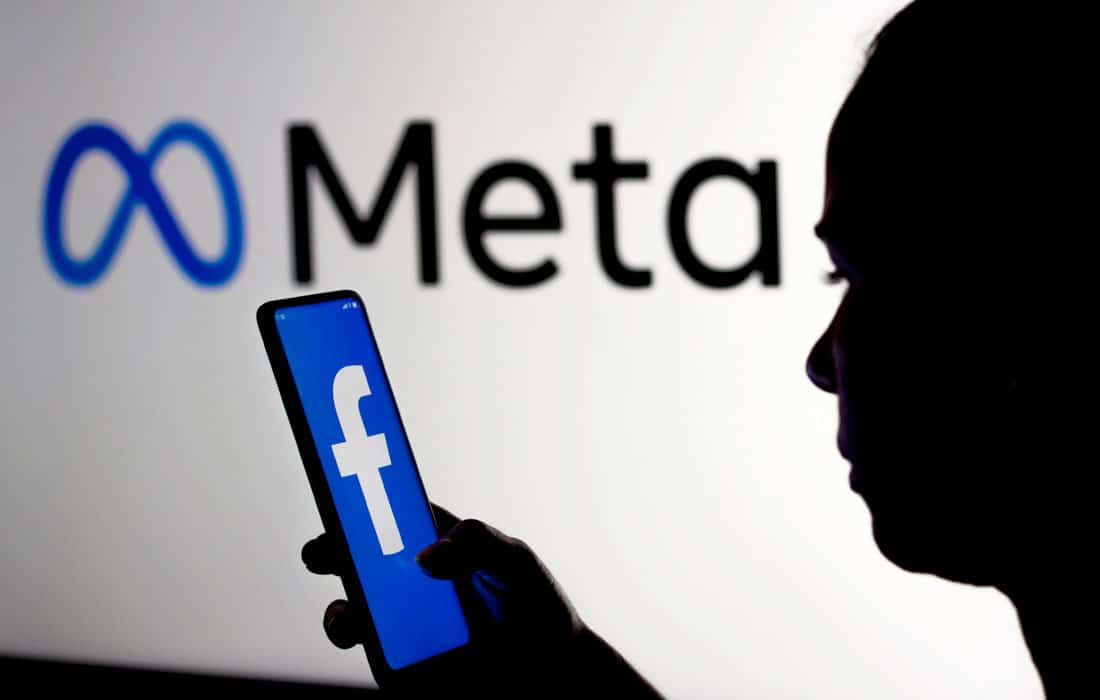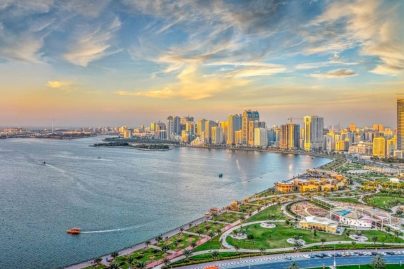Meta plans a data center in India due to the rising popularity of reels
Thu 07 Mar 2024
Mumbai: Meta, the parent company of Facebook, is considering the idea of establishing its first-ever data center in India, driven by the soaring popularity of its short video feature, Reels.
The move comes as India stands as a crucial market for Meta, with plans for a feasibility study slated for early 2024, as per agencies. The proposed data center is envisioned to be “cache-focused” and could consume 10-20 megawatts of power.
While the investment details and precise location are yet to be disclosed, Meta could potentially invest anywhere between ₹500 to 1,200 crore for such a facility, given the significant costs associated with building high-quality, reliable data centers in India.
Instagram Reels, launched in India in July 2020 following the exit of TikTok, has witnessed explosive growth, captivating short video enthusiasts and propelling Instagram to the top of the app download charts in 2023.
Meta’s strategic vision extends beyond Instagram; Reels made its debut on Facebook in 2022, expanding the short video experience across its platforms. This initiative is part of Meta’s broader plan to enhance user experiences, particularly with the integration of generative AI features.
Currently, Meta operates 22 data centers worldwide, with just one located in the Asia Pacific region, specifically in Singapore. The proposed investment in India is a component of Meta’s larger capital expenditure for 2024, aimed at bolstering server capacity and data center infrastructure.
India’s data center industry is experiencing rapid growth, expected to attract $10 billion in investments in the coming years, driven by increasing data consumption and a supportive regulatory framework. Meta’s endeavors encompass not only the potential establishment of a data center but also the expansion of its network presence within India, highlighting a substantial focus on enhancing connectivity and service quality in one of its most crucial markets.
Also read: Facebook fights to retain WhatsApp, Instagram in new antitrust charge
-Agencies

 Apr 28 2024
Apr 28 2024













